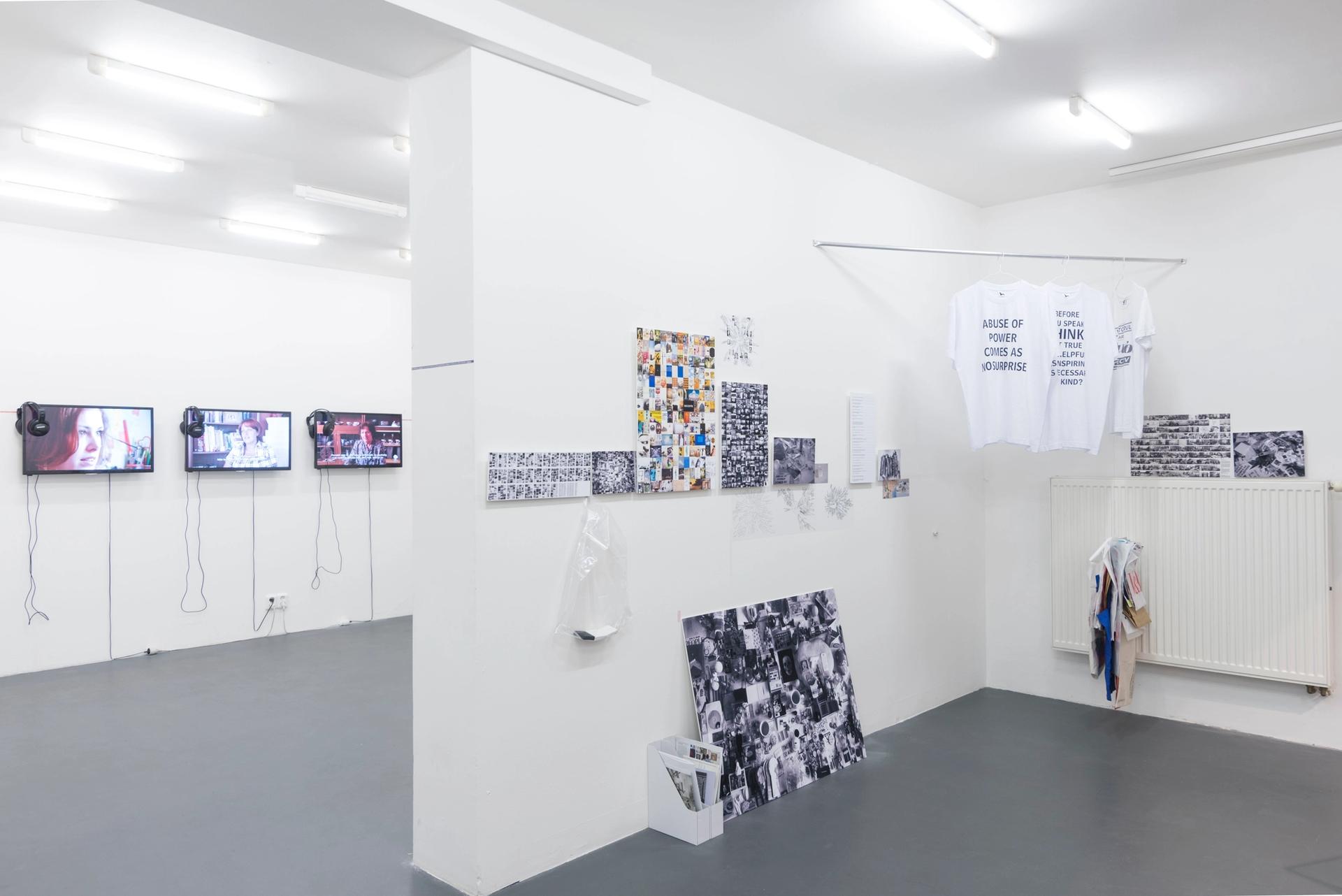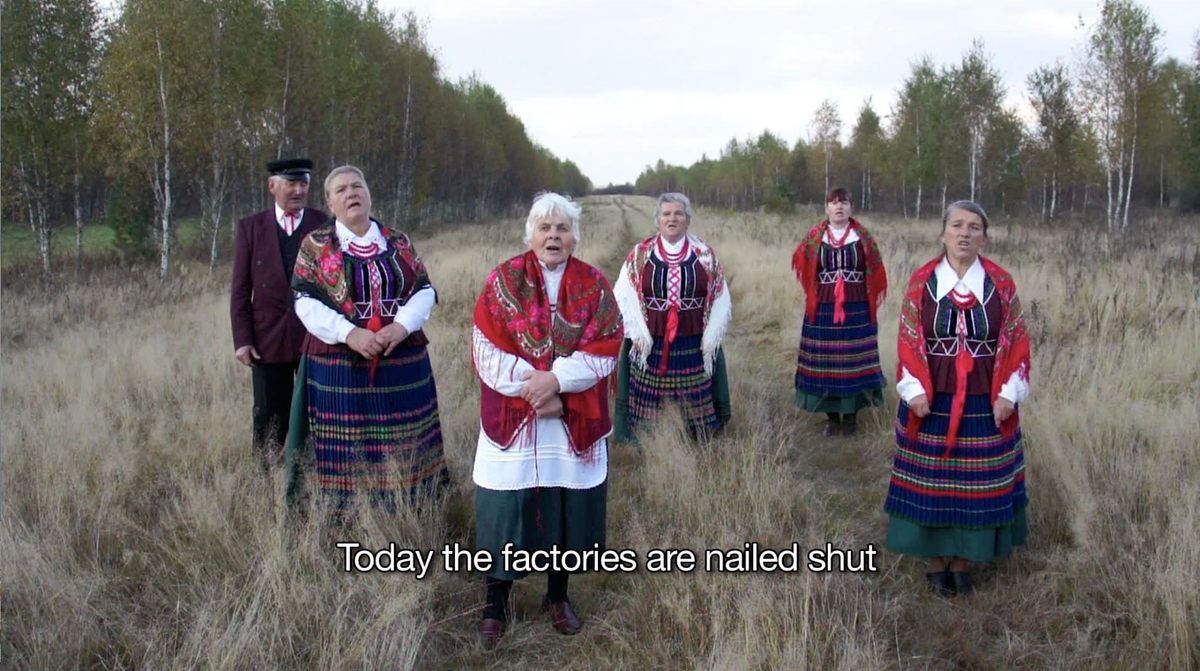Collection Collective, an initiative that seeks to circumvent the established institutional and private models of collecting, will officially launch its new website at a public seminar in Bucharest, Romania, today (25 October).
Conceived as a prototype art collection, “established, owned and managed collectively by its members”, the collective brings together a mixture of artists, curators, academics and non-art-world figures, including lawyers and economists, most of whom are based in Central and Eastern Europe. The 42 artworks currently in the collection have not been bought but have instead been donated by the 40 artist members, who include prominent regional names such as Ciprian Mureșan, Ilona Németh and Lia Perjovschi, as well as the pop group/art ensemble Chicks on Speed.
Describing how the idea for the collective developed out of a discussion regarding the nature of collecting, initiators and founding members Judit Angel, Raluca Voinea and Vlad Morariu “asked ourselves simple questions: is it possible to construct a collection that does not depend on the funds and policies of a public institution, or the personal preferences of a private collector? And is it possible that the immense load of work of putting together a collection is collectively shared among different people with different roles?”

Installation view of Collection Collective's exhibition Template for a Future Model of Representation at tranzit.sk, Bratislava (2017) Photo: Adam Šakový
The conversation led to an exhibition and seminar held in 2017 at the Bratislava division of Tranzit— an independent arts network with chapters in Austria, the Czech Republic, Hungary, Romania and Slovakia—where participants agreed to form Collection Collective based on values of “trust, friendship and mutual recognition”. Members are expected to contribute work to the collective relative to their skills and experience, with non-artists providing services such as legal and administrative support.
The initiators say that the desire to formulate a cooperative model for collecting has in part been driven by the global rise of populism and right-wing nationalism. Rather than specific cases of politicians blacklisting artists or artwork, they say this has created a climate where the space for critically aware art in public institutions is at threat. “Things work at a deeper, more systemic level,” Angel, Voinea and Morariu explain. “For example, an institution’s director or curator’s contract can be terminated sooner, for alleged ‘mismanagement of funds’. Or museums and galleries can be subject to mass media campaigns and public shame, organised in conjunction with various conservative or religious groups.”
Collection Collective will seek to stand against such currents, with Angel, Voinea and Morariu saying they hope “to be locally rooted and internationally relevant” and that others might be inspired to form similar collectives elsewhere.
- The website launch and seminar, Collection Collective: Tools for Self-Representation, will take place at Tranzit, Bucharest on 25 October, from 6pm.


